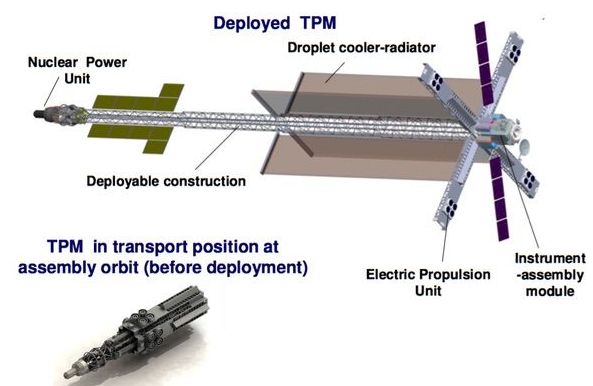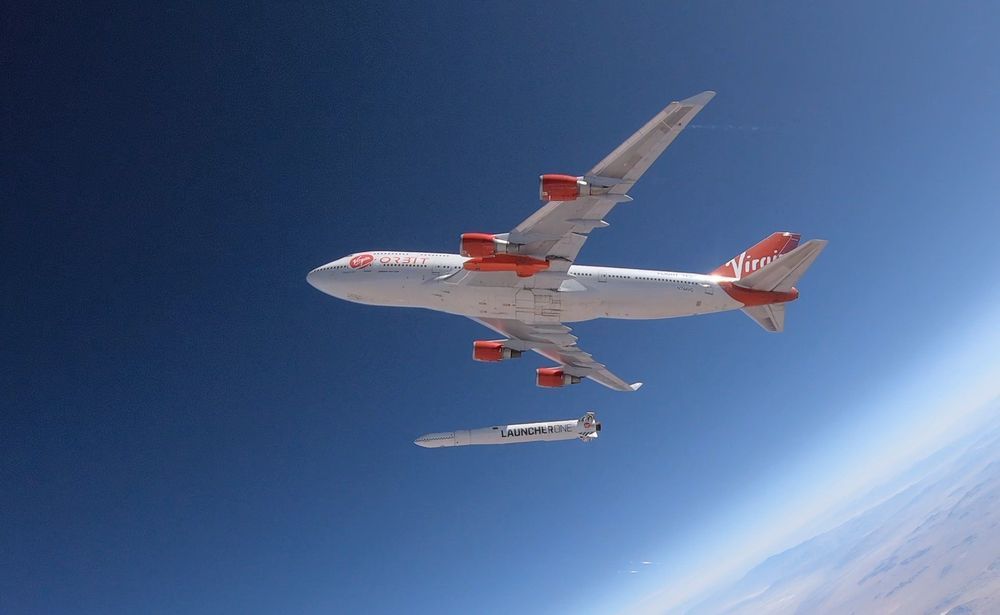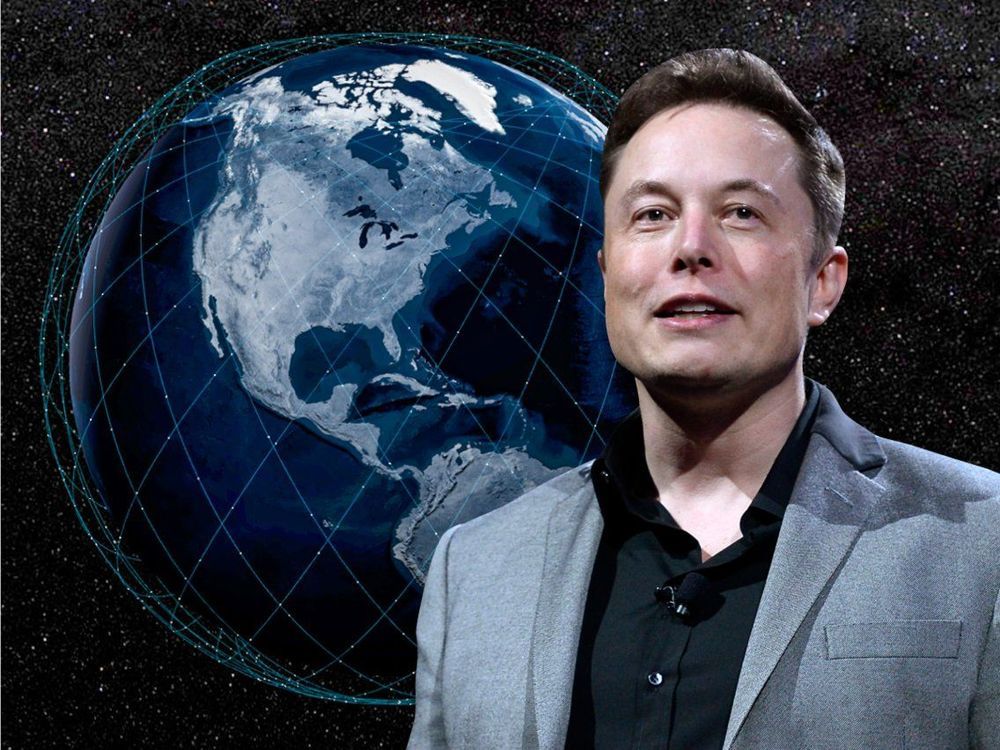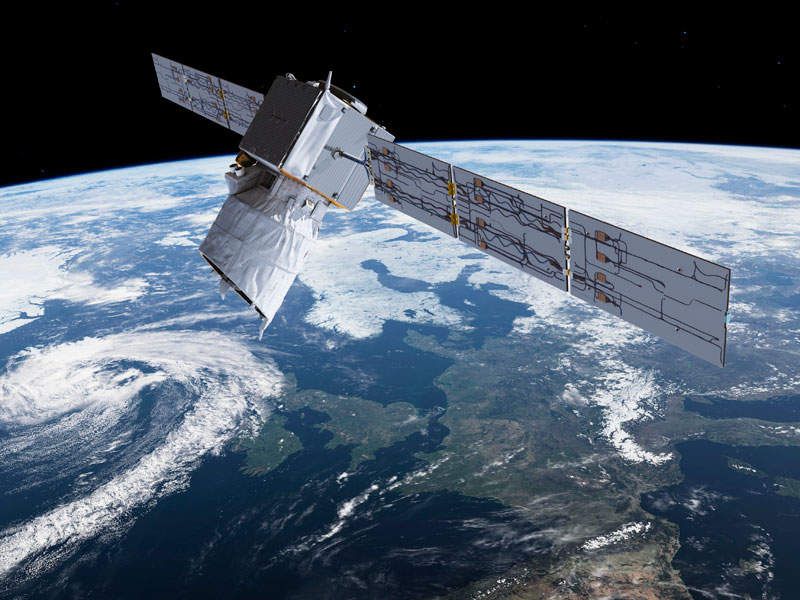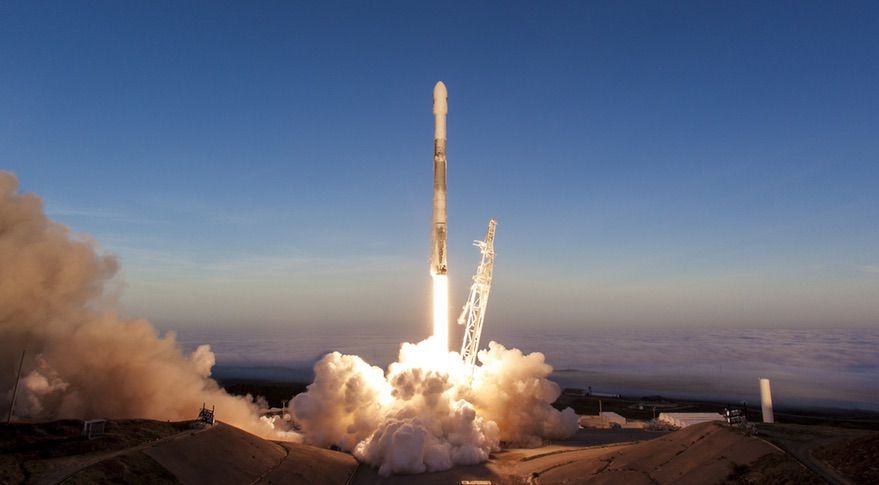There is strong evidence from publicly available sources that a Russian company called KB Arsenal is working on a new type of military satellite equipped with a nuclear power source. Called Ekipazh, its mission may well be to perform electronic warfare from space.
KB Arsenal, based in St. Petersburg, is no newcomer to the development of nuclear-powered satellites. In the Soviet days it built satellites known as US-A (standing for “active controllable satellite”), which carried nuclear reactors to power radars used for ocean reconnaissance (in the West they were known as “radar ocean reconnaissance satellites” or RORSAT for short.) The satellites had been conceived in the early 1960s at the OKB-52 design bureau of Vladimir Chelomei before work on them was transferred to KB Arsenal at the end of that decade. The satellites’ three-kilowatt thermoelectric reactors, known as BES-5 or Buk, were built by the Krasnaya Zvezda (“Red Star”) organization. The US-A satellites operated in low Earth orbits at an altitude of roughly 260 kilometers and, after finishing their mission, the reactors were boosted to storage orbits at an altitude of about 900 kilometers.
